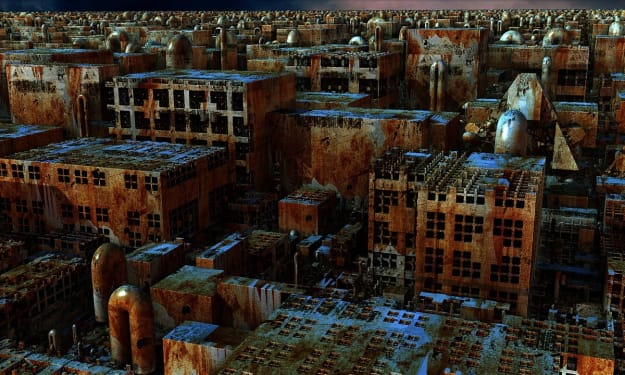Magical Realism
Magical realism and the use of fantastical elements in a realistic setting

Magical realism is a literary genre that originated in Latin America in the 1940s and 1950s, and it has since become popular all around the world. This genre is characterized by the use of fantastical elements in a realistic setting, creating a sense of wonder and magic within a familiar and everyday environment. Unlike traditional fantasy literature, magical realism often blurs the line between the real and the imaginary, challenging readers to question their perception of reality.
One of the key features of magical realism is the way it employs fantastical elements to highlight the complex and often contradictory nature of the human experience. By blending the magical and the mundane, magical realism allows authors to explore deeper themes and ideas in a way that is both thought-provoking and engaging.
For example, in Gabriel Garcia Marquez's "One Hundred Years of Solitude," the town of Macondo is filled with strange and mystical occurrences, such as the levitation of Remedios the Beauty and the appearance of a ghostly train. These fantastical elements serve to underscore the cyclical nature of history and the inevitable repetition of human folly. Through the lens of magical realism, Marquez is able to explore the idea of the circularity of time in a way that is both captivating and poignant.
Similarly, in Toni Morrison's "Beloved," the ghostly presence of the eponymous character serves to highlight the deep wounds of slavery and the legacy of trauma that continues to haunt the African American community. The fantastical elements in the novel are not merely decorative or escapist, but rather serve to illuminate the harsh realities of history and the lasting impact of past injustices.
Magical realism also often involves the use of symbolism and metaphor, as authors seek to explore complex themes and ideas through the use of allegory and metaphorical language. For example, in Isabel Allende's "The House of the Spirits," the recurring motif of the spirits that haunt the Trueba family serves to underscore the cyclical nature of history and the interconnectedness of all things.
In addition to its literary merits, magical realism has also become a popular cultural phenomenon in recent years, particularly in the world of film and television. Shows like "Stranger Things" and "The OA" employ elements of magical realism to create a sense of wonder and mystery, while movies like "Pan's Labyrinth" and "The Shape of Water" use fantastical elements to explore deeper themes of love, loss, and human connection.
Despite its growing popularity, magical realism remains a controversial genre, with critics often questioning its validity as a literary form. Some argue that the use of fantastical elements can be distracting or confusing for readers, while others contend that magical realism can be elitist or inaccessible to those not familiar with the cultural context in which it originated.

Despite these criticisms, however, magical realism remains a powerful and compelling literary form that continues to inspire and captivate readers around the world. Through its use of fantastical elements in a realistic setting, magical realism allows authors to explore the complexities and contradictions of the human experience in a way that is both imaginative and profound.
In conclusion, magical realism is a literary genre that uses fantastical elements in a realistic setting to explore complex themes and ideas. Through its use of metaphor, symbolism, and allegory, magical realism allows authors to delve into the deeper truths of the human experience in a way that is both captivating and profound. Although it remains a controversial genre, the popularity of magical realism continues to grow, with its influence extending far beyond the world of literature and into the realms of film, television, and popular culture. Ultimately, whether you love it or hate it, there can be no denying the enduring power and appeal of this unique and captivating literary form.
About the Creator
Haidar- Ali
Meet Haidar, a story writer with a passion for crafting captivating tales that take readers on unforgettable journeys. Haidar developed an early love for storytelling, spending hours reading books and creating his own imaginary worlds.






Comments
There are no comments for this story
Be the first to respond and start the conversation.